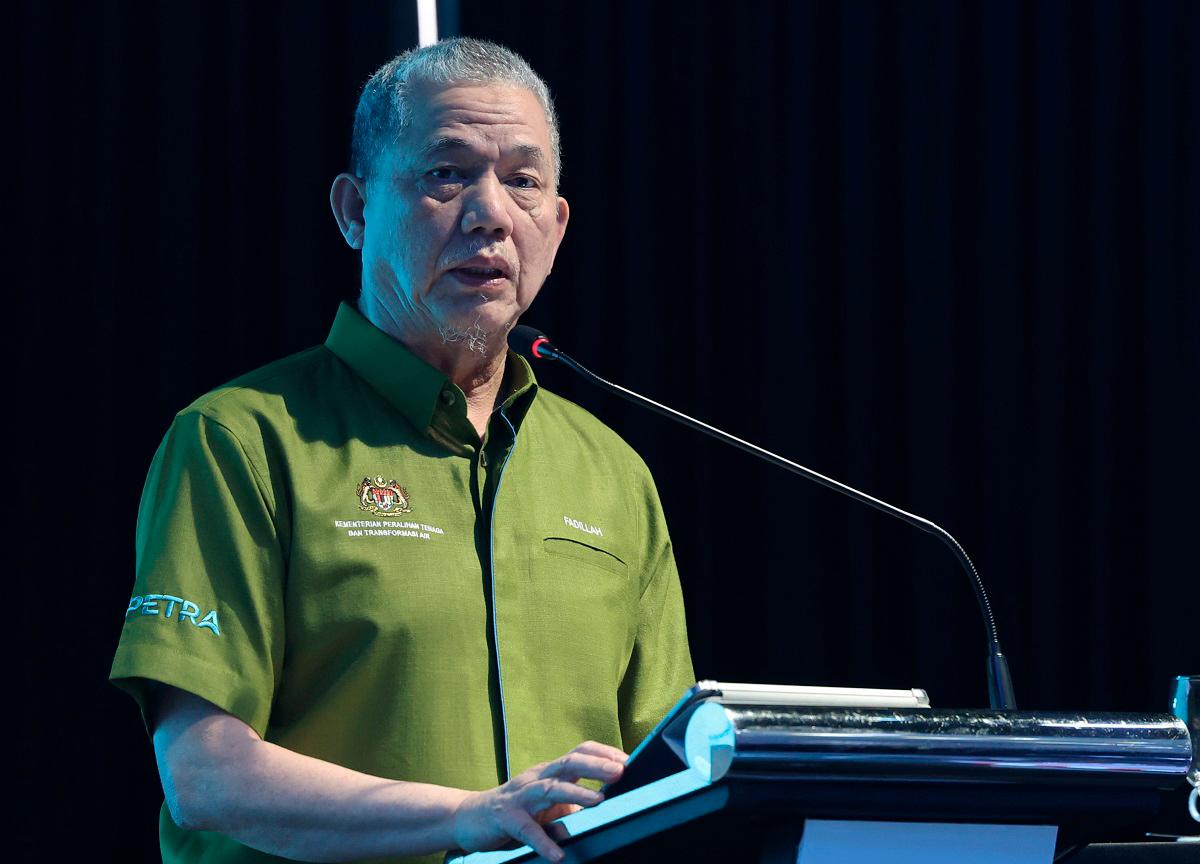KUALA LUMPUR: Malaysia is now moving into the second phase of the Water Sector Transformation Roadmap 2040 under the 13th Malaysia Plan to develop local technology that meets international standards.
Deputy Prime Minister Datuk Seri Fadillah Yusof made this announcement during the opening ceremony of the Langat 2 Water Treatment Plant.
He stated that AIR2040 aims to ensure affordable, sufficient, clean and quality water supply for the people.
The roadmap also serves as a national agenda to transform the water sector into a dynamic economic sector.
It will drive development and innovation of local water technology through strategic collaboration.
Fadillah highlighted the Langat 2 Water Treatment Plant as proof of local capability in large-scale water infrastructure.
The plant features modern water treatment technology meeting international standards.
He acknowledged that such infrastructure projects involve high costs due to modern technology.
Pengurusan Aset Air Berhad played the role of financier and implementer for this project.
This enabled construction at more optimal costs compared to commercial financing.
Fadillah serves as both Deputy Prime Minister and Minister of Energy Transition and Water Transformation.
Under national restructuring, PAAB manages financing for water supply infrastructure in participating states.
The financing model allows water operators to focus on operation and maintenance.
This ensures management efficiency within the water supply system.
It also helps maintain resilient and stable financial positions for water operators.
AIR2040 plans to introduce alternative financing to strengthen sector sustainability.
This approach reduces dependence on government funds for water projects.
The ministry is exploring alternative water sources like reclaimed water for industrial use.
Non-food industrial applications such as data centers are being considered.
PETRA is focusing on reducing Non-Revenue Water through the 13MP.
The Critical Pipe Replacement Programme will address this issue nationwide.
Holistic NRW solutions and rebates for meeting targets form part of this effort.
The NRW rate is expected to drop to 28.8 percent by 2030 through these programmes.
Cooperation with state governments will continue for planning new water infrastructure.
This ensures water supply needs for domestic and industrial users are met.
State development requirements remain a priority in water infrastructure planning. - Bernama









